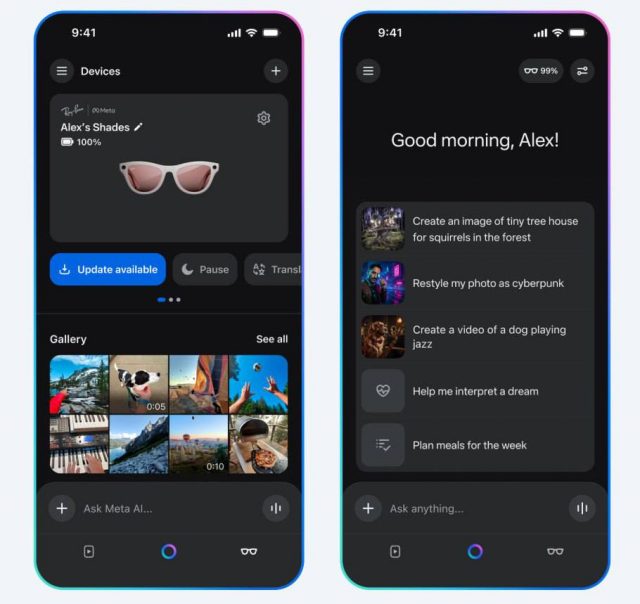The internet is going through a period where real videos are replaced by fictional videos. Against the background of funny videos of cats dancing and chasing dinosaurs, the question increasingly arises: Where do we go when artificial intelligence infiltrates our feeds?

Last week, OpenAI launched Sora, a new platform for experimenting with AI content. Users can now create realistic videos with short commands, and Meta* introduced Vibes, a video stream on Instagram* where you can interact directly with AI characters. TikTok is not far behind with its AI Alive feature that turns images into moving scenes.
According to CNN, each of these initiatives is part of a large-scale race between tech giants looking for a way to monetize AI and capture users’ attention. But as often happens, not everything goes smoothly. Users and experts are sounding the alarm: New tools threaten copyright and could accelerate the spread of fakes. Charles Rivkin, president of the Motion Picture Association, said that since the release of Sora, the internet has been flooded with videos that violate film and character rights.
OpenAI CEO Sam Altman has promised to introduce more control and a revenue sharing system for copyright holders. Users now receive an error message when trying to create a video with protected characters like Pikachu or SpongeBob. However, experts state that even tags and watermarks embedded in artificial intelligence content can be easily removed, making it extremely difficult to fight deepfakes.

Another cause for concern is the impact of AI chats on young people. Following a series of lawsuits against Character.AI, which claimed that virtual interlocutors could trigger mental problems, companies began to impose strict restrictions. OpenAI says Sora protects minors from inappropriate content, while Meta* says it actively blocks suspicious interactions between adults and teens.
Meanwhile, it was previously reported that the first actor produced entirely by artificial intelligence is preparing to sign a contract with a real PR agency. Read more here.
*Social networks Instagram, X, Facebook are prohibited in the Russian Federation. By court decision dated March 21, 2022, Meta was recognized as an extremist organization on the territory of the Russian Federation.
Source: People Talk
Mary Crossley is an author at “The Fashion Vibes”. She is a seasoned journalist who is dedicated to delivering the latest news to her readers. With a keen sense of what’s important, Mary covers a wide range of topics, from politics to lifestyle and everything in between.





